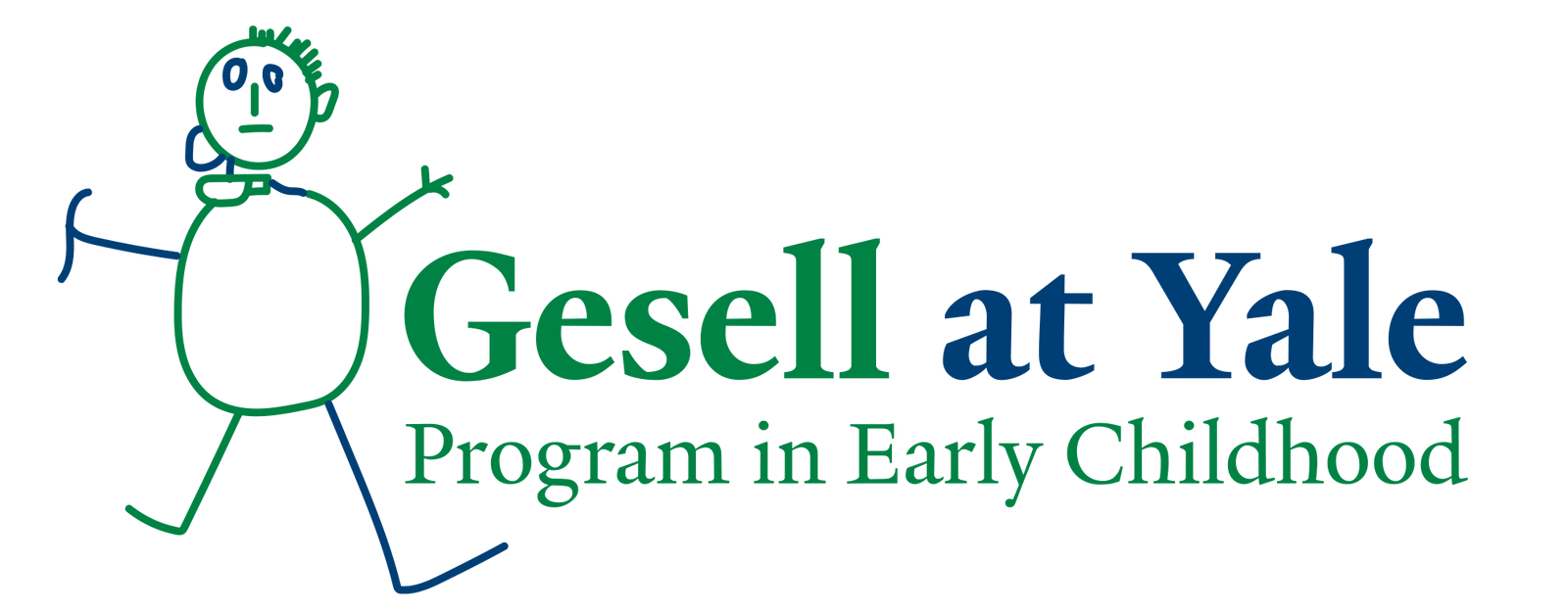Gesell Theory
The Theory
Gesell’s theory is known as a maturational-developmental theory. It is the foundation of nearly every other theory of human development after Gesell. Early in the 20th century, Dr. Gesell observed and documented patterns in the way children develop, showing that all children go through similar and predictable sequences, though each child moves through these sequences at his or her own rate or pace.
This process is comprised of both internal and external factors. The intrinsic factors include genetics, temperament, personality, learning styles, as well as physical and mental growth. Simultaneously, development is also influenced by factors such as environment, family background, parenting styles, cultural influences, health conditions, and early experiences with peers and adults. Gesell was the first theorist to systematically study the stages of development, and the first researcher to demonstrate that a child’s developmental age (or stage of development) may be different from his or her chronological age.
The Cyclical Spiral
Gesell emphasized that growth always progresses in a pattern through predictable stages or sequences. Sequential development begins within the embryo and continues after birth. While an individual progresses through these stages at his or her own pace, the sequence remains the same. According to Gesell, growth can be thought of as a cyclical spiral. Each cycle of the spiral encompassing the time it takes to move through six stages, or half-year increments. Notice that the time to complete a cycle of the six stages is quite rapid in early life and slows down with age. Gesell’s cycles of development are divided into six well-defined stages which are repeated throughout life. One cycle includes the following stages: Smooth, Break-Up, Sorting Out, Inwardizing, Expansion, and Neurotic “Fitting Together”. See figure below of the cycles of development.

Gesell’s research established normative trends for four areas of growth and development, namely (1) Motor, (2) Adaptive (Cognitive), (3) Language, and (4) Personal-Social behavior. Originally published as the Gesell Developmental Schedules in 1925, these developmental schedules, most recently updated in 2010, continue to serve and guide pediatricians and psychologists throughout the world today.
